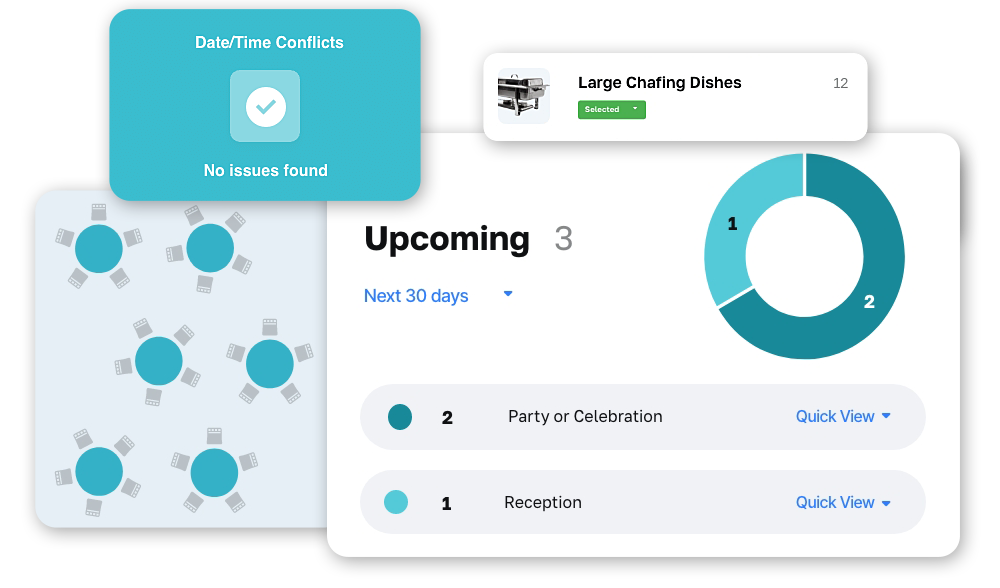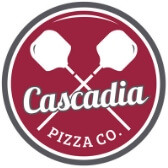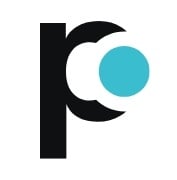-
-
Key features
-
© 2025 Copyright Planning Pod. All Rights Reserved.




"This is the first time in my career I can manage my event bookings, customers, sales, operations and projects in one system. And the price is so reasonable for everything you get. Planning Pod is the only system you should be running."


















Easily track your bookings and availability with event scheduling tools built to fill up your calendar and eliminate double bookings.

Enhance the customer experience with a user-friendly event CRM system that keeps sales flowing and clients in-the-loop 24/7.

Never miss a detail or dollar while saving time with tools and templates for managing menus, catering orders, and BEOs.

Make it easier for clients to pay you and get timely updates on revenues, sales and other critical business metrics.
An all-in-one platform like Planning Pod integrates over 40 tools, allowing you to manage everything from space usage, catering orders, leads, and customers seamlessly in one place. This eliminates the need for juggling multiple apps, spreadsheets, and emails, significantly reducing errors and saving you precious time.
Many "all-in-one" solutions offer rigid packages that don't suit diverse venues. Look for flexible and scalable platforms that can adapt to your unique event venue’s needs. This ensures the software truly supports your operations rather than forcing you into a preset mold.
By implementing automated workflows, you can streamline critical processes that currently rely on manual repetition. This frees up your team from time-consuming administrative tasks, allowing them to focus on high-impact activities like client engagement and strategic event business growth.
Enhancing client communications is crucial. Solutions that offer email/text automations, shareable documents, and client portals can instantly improve outreach and the overall client experience, even with a small team. This helps keep customers informed and connected throughout the event management process.
A robust CRM (Customer Relationship Management) system is key to managing your sales pipeline. It helps capture leads, facilitates consistent follow-ups, and keeps potential clients engaged through automated sales workflows, ultimately allowing you to close more deals faster and reduce leaky pipelines.
To get paid faster and reduce the stress of collections, look for platforms that offer integrated online payment processing, automated installment plans, and single-click invoicing. These features make it easier and more convenient for clients to pay you promptly, accelerating your cash flow.
Yes, the right integrated platform for your event venue should be designed to manage both. It should provide tools for overseeing space usage and handling all aspects of catering orders, ensuring that these critical components of your business are synchronized and streamlined within one system.
Pricing for online venue software can vary based on the feature set and comprehensiveness of the platform, and the range can be from hundreds to thousands of dollars per month.
It’s best to first identify your needs and requirements of such software and then seek out platforms that match your needs or can be customized to your specifications.
There are several platforms that cater to the broader hospitality and events industry, and you should make sure to compare the different options to see which works best for you.
© 2025 Copyright Planning Pod. All Rights Reserved.